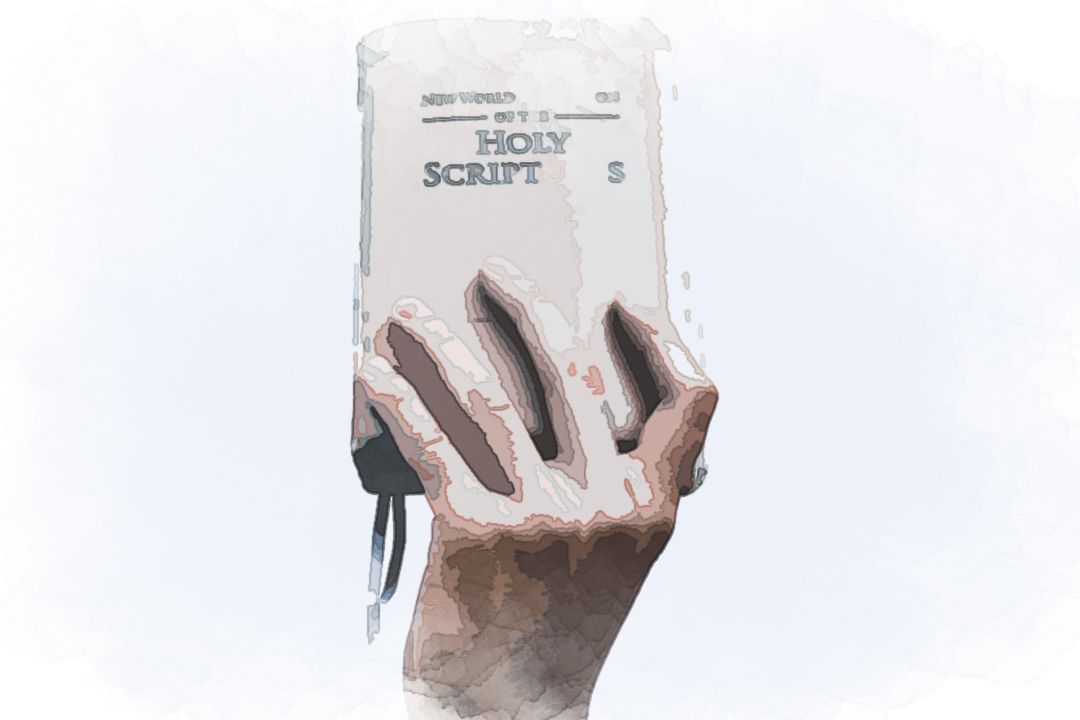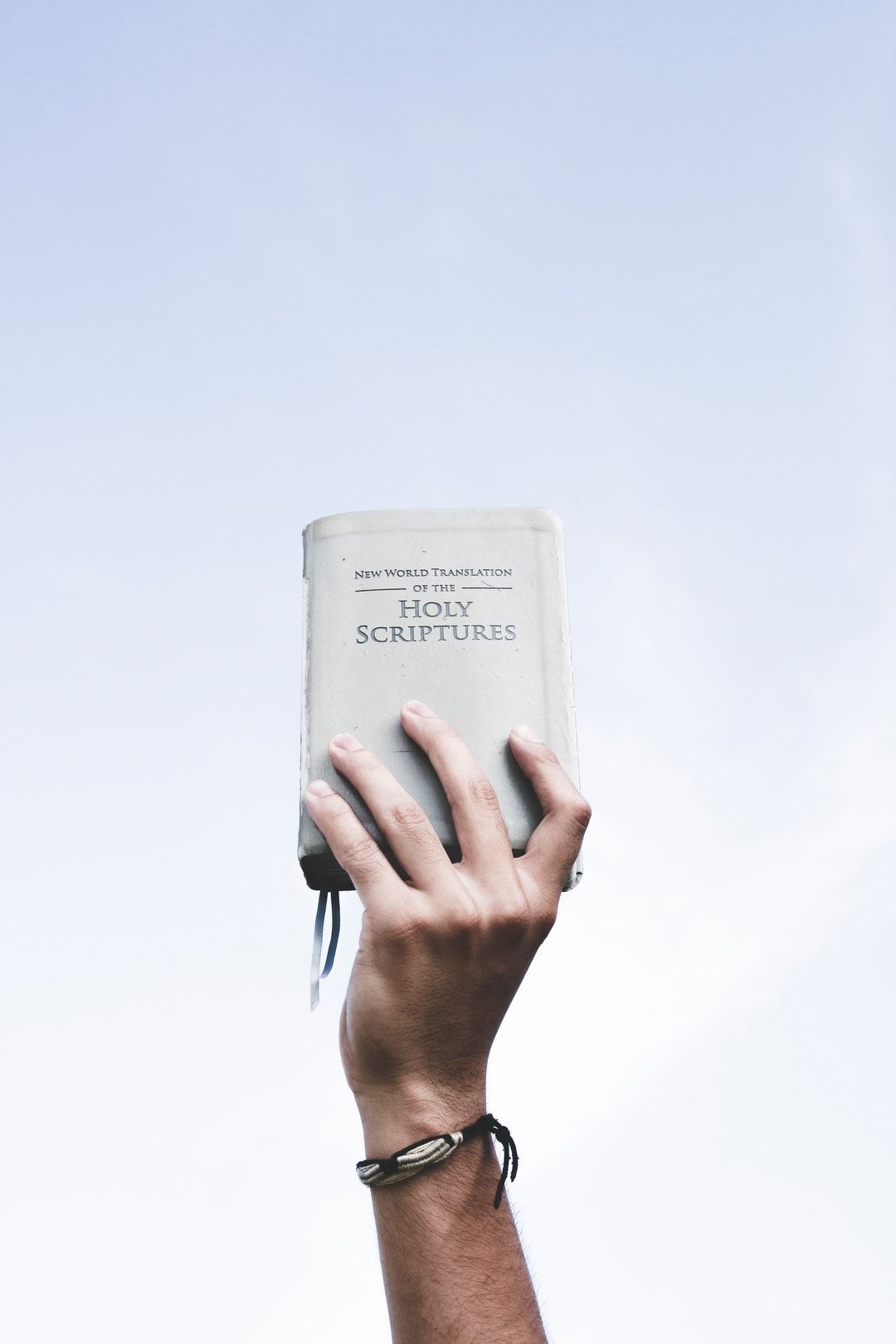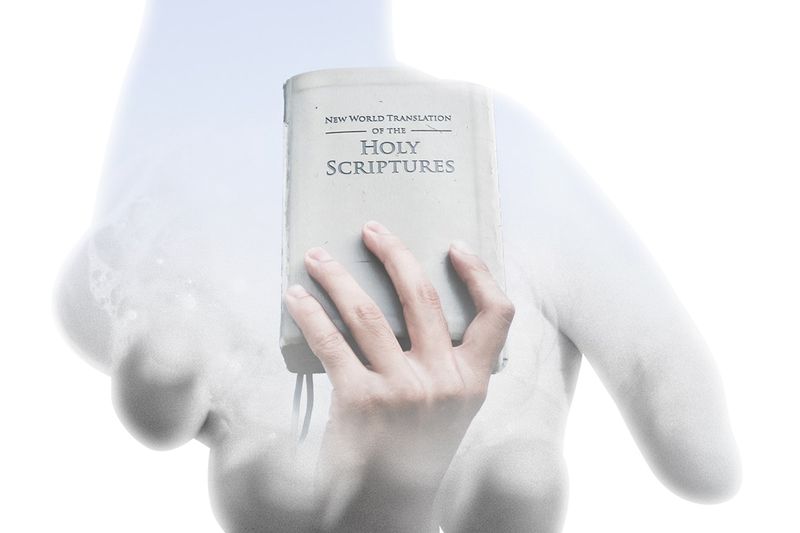Icy-Cold to the Touch You Are

The Longer You Hold It Up, The Heavier It Feels - Freedom is The Ability to Respond
In the quaint cobblestoned streets of a town too small to be on any map, there was a peculiar tradition that held the townspeople in a gentle thrall. Each year, as the leaves began to turn a burnt orange and the air filled with the scent of approaching winter, the villagers would hold a competition to see who could uphold the "Virtue of Transparency." It was said that the one who could bear it the longest would be graced with insight, a touch of foresight perhaps, or simply a year's worth of bragging rights. On this particular year, the buzz was about Alexander, the young librarian with an affinity for the antiquities of words and a soul that seemed to resonate with the boundless depths of the sea.
Men judge generally more by the eye than by the hand, for everyone can see and few can feel. Every one sees what you appear to be, few really know what you are.
— Niccolò Machiavelli (1469-1527)
Alexander, though, had always been an oddity; a man who, much to the chagrin of the town's gossips, slipped through the nets of judgment as easily as the minnows in the creek. With the Machiavelli quote in mind, he set up a booth, unassuming and draped with blue linens, in the town square. His idea was simple yet profound: instead of showcasing outward transparency, he offered confessions, an exchange of secrets for truths. People came in droves, expecting entertainment but finding instead a mirror to their own souls, as Alexander listened more than he spoke, guiding them gently towards their own revelations. He was the embodiment of Machiavelli's words, understanding that the façade was what people would see, but he strove to touch the hand of their true selves.
Sophia, the town's baker with a laugh like wind chimes and a penchant for philosophy, watched Alexander's experiment with a raised brow and a crooked smile. She had decided to take part in the tradition in her own way, echoing another voice from the past. Each morning, as she kneaded the dough for the day's bread, she would whisper words not her own, infusing her hopes into the very loaves she baked.
Mr. Tennyson has said that more things are wrought by prayer than this world dreams of, but he wisely refrains from saying whether they are good or bad things.
— Alfred Tennyson (1809-1892)
This was her prayer, and the townspeople ate it with butter and jam, unaware that each bite was a piece of a shared dream, a fragment of a collective prayer for goodness. The funny thing was, though Sophia never made a show of it, the village began to change in subtle ways. Flowers bloomed a bit brighter, people greeted each other with a touch more warmth, and the mayor, previously a curmudgeon of note, started to feed the stray cats. Her bakery became a sanctuary of sorts, a place where laughter was the main course, and the pastries, imbued with Tennyson's wisdom, were just a sweet addition.
The sun painted the horizon in hues of gold and amber as Alexander sat in the quiet corner of his library, a sanctuary of bound pages and whispered stories. His thoughts drifted, as they often did, to the peculiarities of human nature and the endless quest for understanding. It was during one of these reveries that a visitor, cloaked in shadows and mystery, entered the hallowed halls of knowledge.
The Bible is one of the most genocidal books in history.
— Noam Chomsky (1928-present)
The words hung in the air like the soft scent of ancient parchment as the visitor approached Alexander with a solemn expression. The librarian's brow furrowed in contemplation, for he knew well the power of words, both sacred and profane. With a gesture, he invited the stranger to sit, and as the fire crackled in the hearth, they embarked on a journey through the pages of history and the depths of human consciousness.
The visitor spoke of civilizations risen and fallen, of wars waged in the name of divinity, and of the blood spilled upon the altars of righteousness. Yet, amidst the darkness, there lingered a glimmer of hope, a whispered promise of redemption for those who dared to seek it. Alexander listened intently, his heart heavy with the weight of centuries-old truths and the echoes of forgotten prayers.
As the night deepened and the stars danced in the velvet sky, a sense of understanding washed over Alexander like a gentle tide. He realized that the true power of the written word lay not in its condemnation or absolution but in its ability to spark dialogue, to challenge perceptions, and to kindle the flames of introspection. The Bible, like all sacred texts, was a mirror reflecting the complexities of the human condition—a testament to our capacity for both love and destruction.
With a newfound resolve, Alexander bid farewell to the enigmatic visitor, their exchange a testament to the timeless dance between faith and reason, belief and doubt. As he extinguished the last ember of the dying fire, he carried with him the words of Chomsky, a reminder that truth, like the flickering flame, was never static but forever evolving.

The planksip Writers' Cooperative is proud to sponsor an exciting article rewriting competition where you can win part of over $750,000 in available prize money.
Figures of Speech Collection Personified
Our editorial instructions for your contest submission are simple: incorporate the quotes and imagery from the above article into your submission.
What emerges is entirely up to you!
Winners receive $500 per winning entry multiplied by the article's featured quotes. Our largest prize is $8,000 for rewriting the following article;

At planksip, we believe in changing the way people engage—at least, that's the Idea (ἰδέα). By becoming a member of our thought-provoking community, you'll have the chance to win incredible prizes and access our extensive network of media outlets, which will amplify your voice as a thought leader. Your membership truly matters!


